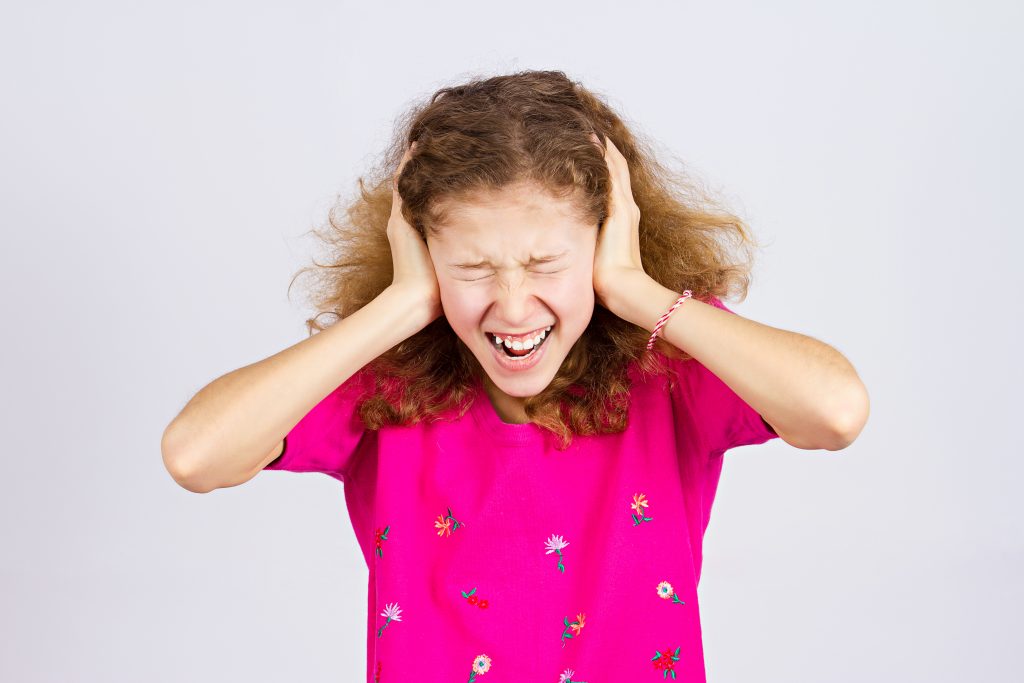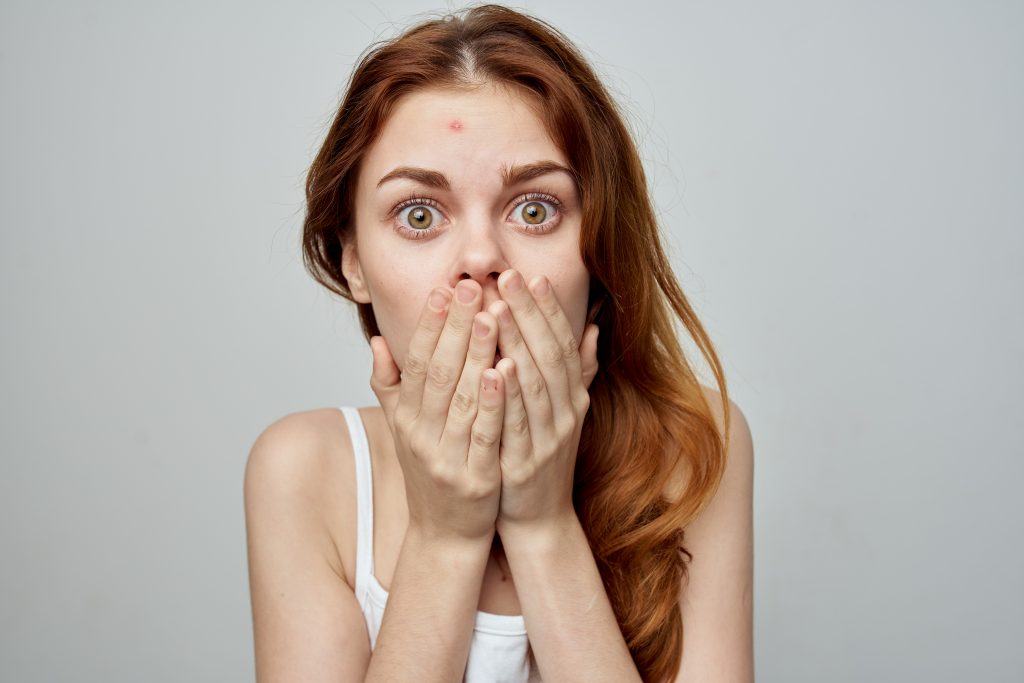Have you ever wondered when you’ll get your first period, also known as menarche, or noticed changes in your body and felt unsure about what they mean? You’re not alone! Many girls have these questions as they start to see signs that their body is changing. Menarche is a significant milestone in becoming a young woman and comes with many questions like “When will it happen?” or “Is my body normal?”
In this article, we’re diving into the world of puberty and periods to help you understand what’s happening inside your body. We’ll talk about 11 signs that your menarche might be on its way, from your breasts starting to grow to feeling more tired than usual. But remember, everyone’s journey is different. Some might notice these changes early, and for others, they might come later. And that’s perfectly okay!
We’re here to give you the inside scoop on these signs, so you feel ready and know what to expect. By the end of this article, you’ll have a clearer picture of the changes happening in your body and why they’re a normal part of growing up. Let’s get started on this journey together, understanding each step along the way.
11 Early Signs of Your First Period (Menarche)
1. Breast Development (Budding)
One of the first signs that your period could be on its way is the development of your breasts, a stage often referred to as “budding.” You might notice small bumps forming under your nipples, which can feel a bit tender or sore. This is your body’s way of kicking off puberty, and it usually starts between the ages of 8 and 13. But hey, if your friends started developing before or after you, that’s totally normal! Everyone’s body has its own schedule.
Your body’s changes are unique to you; embrace them at your own pace.
You might be wondering, “How long after my breasts start to grow will I get my period?” Typically, menstruation begins about 2 to 3 years after these first signs of breast development. It’s a gradual process, and there’s no rush. It’s important to embrace these changes and remember that your body is unique. Celebrating your body’s growth and changes is part of developing a healthy body image and self-esteem.
2. Growth Spurt
Following the start of breast development, many girls experience a significant growth spurt. This is your body’s way of preparing for adulthood, and it’s a clear signal that your first period isn’t too far off. You might suddenly find that your jeans are too short or your sleeves don’t reach your wrists anymore. This rapid growth usually happens about 6 months to a year before your first period.
During this time, you might also notice your hips getting wider. This change is your body’s natural way of making room for the future possibility of childbirth. It’s fascinating how our bodies prepare for the future, isn’t it?
A growth spurt is not just about getting taller; it’s your body’s way of preparing for new beginnings.
You might be thinking, “Why is my body changing so much?” or “Is it normal to feel awkward in my own body?” Yes, it’s entirely normal! These changes can feel a bit strange at first, but they’re all part of growing up. Embracing these changes and understanding that they happen to everyone, though at different times, can help you feel more connected to your body and the incredible things it’s capable of.
3. Thicker Vaginal Discharge
As we edge closer to the milestone of your first period, you might notice a change in the discharge in your underwear. This might sound a bit surprising or even make you a bit uneasy, but it’s a perfectly normal part of your body’s development. Before your first period, the discharge might become thicker and more noticeable, often resembling the texture and color of egg whites. This change is your body’s way of keeping your vagina healthy and protecting it from infection.
Think of vaginal discharge as your body’s way of sending a friendly heads-up that your first period is on its way.
You might be wondering, “What does this discharge mean, and when should I expect my period?” Observing this change in discharge can be a clue that your first period could be just a few months away. It’s one of your body’s natural ways of signaling that it’s getting ready for menstruation.
Also Check – PCOS in Teenagers: A Simple Guide to Understand and Manage it
4. Emotional Changes

Have you ever felt like you’re on an emotional rollercoaster, where one minute you’re laughing and the next you’re feeling a bit teary or irritable? This whirlwind of emotions can be another sign that your first period is on the horizon. The hormonal changes that trigger the start of your menstrual cycle can also affect your emotions, making you feel more sensitive or moody than usual.
It’s okay to ride the emotional waves; they’re all part of your body’s natural rhythm.
It’s normal to question, “Why do I feel so emotional?” or “Is it okay to feel this way?” Absolutely, it’s okay! These emotional ups and downs are a common experience for many girls as they approach their first period. Recognizing these feelings as part of your body’s natural cycle can help you feel more at ease and understand that these emotional waves will pass.
5. Cramping
A common question many girls have is, “Will it hurt when I get my first period?” It’s normal to feel a bit anxious about this. Some girls experience mild cramps before their first period begins. These cramps can feel like a dull ache or a sharp pain in your lower abdomen, and sometimes they can extend to your back or legs. The intensity and duration of these cramps can vary widely from person to person. Some might feel only a slight discomfort, while others might experience more noticeable cramping.
Cramps are your body’s way of practicing for the main event. Remember, it’s okay to ask for comfort.
If you’re feeling cramps, you might be wondering, “What can I do to feel better?” Here are a few tips:
- Applying a warm heating pad to your lower belly can soothe the muscles and ease the cramps.
- Gentle exercise, like walking or yoga, can help release endorphins, your body’s natural painkillers.
- Staying hydrated and avoiding foods that can cause bloating may also help reduce discomfort.
Also Check – 17 Essential Positions to Help Relieve Period Cramps
6. Bloating
Another sign that your first period might be on its way is bloating. This is when your belly feels full, swollen, or tight. It’s a result of the hormonal changes in your body as it prepares for menstruation. Bloating can occur in the days leading up to your period and usually subsides once your period starts.
Bloating is your body’s reminder to slow down and take care of yourself.
You might be thinking, “How can I tell if it’s menstrual bloating or something else?” Menstrual bloating is typically part of the premenstrual syndrome (PMS) and occurs cyclically, just before your period starts. It’s different from bloating that might occur from eating certain foods or other digestive issues, which can happen at any time and isn’t tied to your menstrual cycle.
If bloating makes you uncomfortable, simple strategies like regular exercise, eating smaller meals throughout the day, and avoiding high-salt foods can help alleviate this feeling.
Also Check – Yoga for Period Relief – 8 Poses to Relieve Menstrual Cramps, Pain, and Irregularity
7. Tender or Sore Breasts
A change you might notice as you approach your first period is tenderness or soreness in your breasts. This is a direct result of the hormonal shifts happening in your body as it prepares for menstruation. It’s common to feel a bit of discomfort or sensitivity, especially around the sides of your breasts and under your armpits.
Breast tenderness is a sign of your body’s incredible ability to adapt and grow.
You might wonder, “Is it normal for my breasts to feel this way, and how long will it last?” Yes, it’s entirely normal for your breasts to feel tender during this time, and the intensity can vary. For some, it’s a mild discomfort, while for others, it might be more pronounced. This tenderness usually eases once your period begins or shortly after it starts.
8. Breakouts (Acne/Pimples)

Another sign that your first period might be on its way is the appearance of breakouts or acne. This can be particularly frustrating, especially if you’ve never had to deal with it before. The hormonal fluctuations that are responsible for many of the changes leading up to your period also play a role in affecting your skin. These hormonal changes can increase oil production in your skin, leading to clogged pores and breakouts.
Every pimple is a reminder of the transformations your body is capable of.
If you’re experiencing breakouts, you might be asking, “Why now, and what can I do about it?” It’s important to understand that acne is a common symptom of puberty and the menstrual cycle, and it’s nothing to be ashamed of. Keeping your skin clean, avoiding harsh skincare products, and touching your face less can help manage breakouts. Remember, it’s a common part of growing up, and many people experience it.
9. Mood Swings
Have you found yourself feeling unusually happy one moment and then suddenly upset or angry the next, without a clear reason? These rapid changes in mood, often referred to as mood swings, are closely tied to the hormonal shifts your body is undergoing as it prepares for menstruation. It’s like your emotions are on a seesaw, influenced by the changing levels of hormones such as estrogen and progesterone.
Embrace your mood swings; they’re part of the beautiful, complex journey of becoming who you are meant to be.
If you’re experiencing mood swings, you might wonder, “Is it normal to feel this way, and how can I deal with these sudden changes in mood?” Absolutely, it’s a normal part of the changes your body is going through. To cope with mood swings, finding healthy outlets for your emotions, like talking to a friend, engaging in physical activity, or practicing relaxation techniques, can be incredibly helpful. Remember, it’s okay to have these feelings, and they are temporary.
10. Fatigue (Tiredness)
Leading up to your first period, you might notice that you feel more tired than usual, even if you’re getting plenty of sleep. This fatigue is another sign of the hormonal changes occurring in your body. These hormones can impact your energy levels, making you feel more exhausted without an obvious reason.
Tiredness is your body’s way of saying it’s working on something amazing.
You might ask, “Why am I so tired, and what can I do to feel more energized?” Ensuring you’re getting enough rest, staying hydrated, and eating a balanced diet can help combat this tiredness. Sometimes, a short nap or a break during the day can also give you the boost you need to feel more alert and energetic.
11. Digestive Issues
In the days leading up to your first period, you might experience some changes in your digestion, such as constipation, diarrhea, or bloating. These digestive issues are yet another facet of how your body is getting ready for menstruation, influenced by the hormonal ebb and flow.
Your digestive changes are just a sign that your body is getting ready for something new and important.
If you’re dealing with digestive discomfort, you might wonder, “Is this normal, and how can I ease these symptoms?” Yes, these changes can be a normal part of the menstrual cycle. To alleviate digestive issues, maintaining a healthy diet rich in fiber, staying hydrated, and engaging in regular physical activity can be beneficial. It’s also important to listen to your body and give it what it needs during these times of change.
As we wrap up our journey through the signs of your first period, remember that each change and sensation you experience is a step towards becoming the amazing young woman you’re meant to be. Whether it’s the budding of your breasts, the emotional rollercoaster, or the unexpected cramps, each sign is your body’s way of whispering, “I’m getting ready.”
It’s perfectly okay to have questions, feel a bit anxious, or even excited about these changes. Every girl goes through this, and each journey is as unique as a fingerprint. If something puzzles you or seems overwhelming, don’t hesitate to talk to someone you trust, like a family member, a teacher, or a healthcare provider. You’re not alone in this.
Remember, your first period is not just a physical change; it’s a rite of passage into a new phase of life filled with growth, discovery, and new beginnings. Embrace it, prepare for it, and welcome it with confidence. And when it arrives, celebrate it, because it’s a sign of the incredible things your body is capable of.
As we close this chapter, take a deep breath and step forward with courage and curiosity. Your journey into womanhood is just beginning, and it’s going to be a beautiful ride.

Leave a Reply